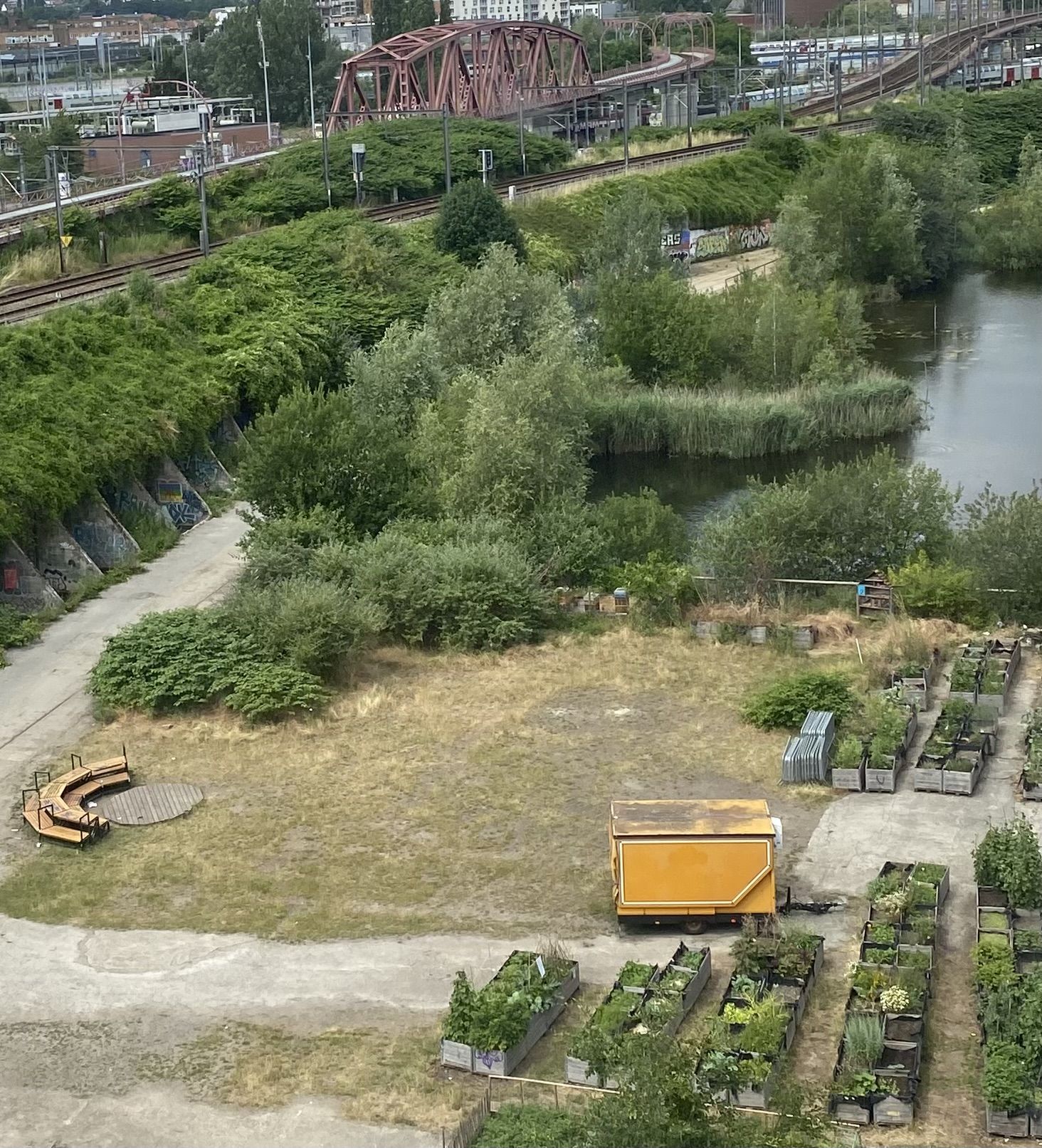A common metaphor to describe rising or erupting violence is the “spiral of violence”. In exerting violence by one person or group, the response of the other person or group is even more violent and, potentially, the response to the response makes use again of more violence. The spiralling up of violence is hard to stop or to reverse. Law as well as its enforcement has to play a major role in this process. However, if the police violence is involved as part of the spiralling process the process gets even more complicated. Beware of the beginnings of such a process.
In France in July 2023 the debate about violence is wide open. Contributions to the debate in Le Monde deal with the discussion to claim equal treatment of violence from “fundamental ecologists” as well as extremist defendants of industrial agriculture (Stéphane Foucart). Both sides became more radical in their actions and threaten an escalation in case of governmental inaction. The “triangle of silence” is also a breeding spot with a potential for violent confrontations. Groups in society that have no voice in parliament or local governments frequently use violent actions to raise awareness to their concerns as politics and media tend to ignore “not so nice” images and reporting from areas with multiple disadvantages and social confrontations.
One of the proposed solutions by Marcel Marloie (published in LeMonde) proposes to rethink urban planning deviating from the path proposed originally by Le Corbusier. Instead of offering public parks that are cultivated (and policed) by the local government, entrust areas of collective gardening to the disadvantaged communities. The empowering role is, to master your own piece of happiness. The “bonheur à la Voltaire” is likely to increase attachment to your local and neighbouring community. Of course, this is not evolving without conflicts, but these are processes of accepting compromises and mediation rather than violent resolution of conflicts or aggression out of desperation.
Contrary to the belief that some big projects (Olympic games in Paris) should contribute to unite a nation(s), it might well lead to further segregation of persons who benefit from the games and those who are unable to enjoy some sort of participation in the event. Further gentrification of Paris is likely to be the result. Poorer or lower middle-class people will no longer be able to live in the renovated suburbs that have more public space being privatised and turned into for profit activities. The challenge is to build areas that enhance trust in people, trust in institutions and politics. Schools, associations, trade unions, political parties and social institutions have an important role to play in this respect. The way forward is with more communication and deliberation, not less, especially for and with the most distant groups of a societal consensus. 

